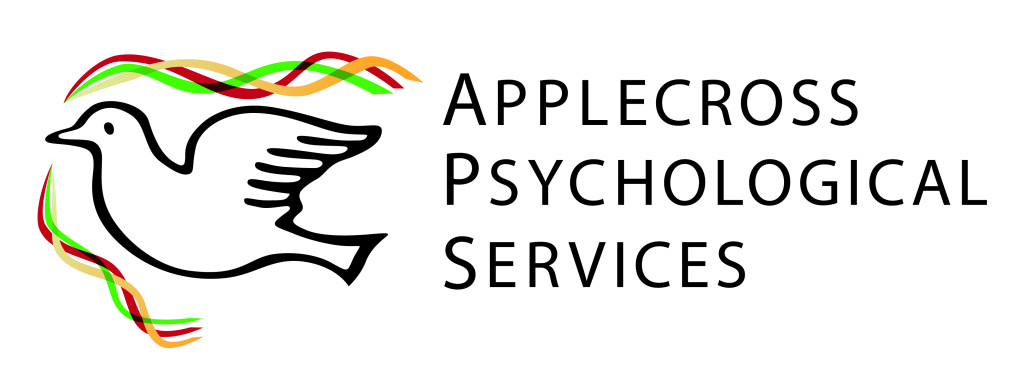Trauma involves exposure to a life-threatening experience. Traumatic events are unexpected and negative incidents that suddenly and unexpectedly intrude on our lives. Traumatic events are usually defined as situations which are life threatening, or where there is a significant threat to one’s physical or psychological integrity.
Traumatic experiences shake the foundations of our beliefs about safety, and shatter our assumptions of trust, and because they are so far outside what we would expect, these events provoke reactions that are unusual and disturbing, but are actually normal responses to abnormal events.
Certain events can cause trauma, but it varies according to the individual and the situation. There is always a strong subjective component in people’s responses to traumatic events, and it is influenced by the nature of the traumatic event, available support, concurrent stresses, personality and coping resources.
- Fatigue/exhaustion Disturbed sleep
- Changes in eating patterns/nausea
- Changes in sleeping patterns/nightmares
- Restlessness
- Headaches
- Excessive alertness and being easily startled
- Loss of concentration and memory
- Visual images of the event
- Intrusive thoughts
- Disorientation and confusion
- Fear and avoidance
- Numbness and detachment
- Depression and guilt
- Over sensitivity
- Anxiety and panic
- Withdrawal and tearfulness

Or call
(08) 9364 3762
- Recognising that you have been through a distressing experience
- Reminding yourself that your reactions are not abnormal and that you may be coping
- Avoid the overuse of alcohol or drugs to cope
- Avoid making any major decisions
- Gradually confront what has happened. Don’t bottle up your feelings
- Try to maintain a normal routine Do not unnecessarily avoid certain places or people Allow yourself time to rest
- Let family & friends know of your needs
- Make time to practice relaxation
- Express your feelings as they rise
- Learning more about the condition- and knowing that the reactions are normal, can help make the symptoms associated with the trauma easier
- Working through the memories of the event to help take away the worst of the fear and unhappiness
- Relaxation or stress management
PTSD is the most common diagnostic category used to describe symptoms arising from emotionally traumatic experience(s) involving actual or threatened death or injury to themselves or others, and where they felt fear, helplessness or horror. Typical traumatic events include violent assault, torture, being taken hostage, kidnapped or held as a prisoner of war, terrorist attacks, sever car accidents, being victims of natural or man-made disasters, being diagnosed with a life threatening illness, witnessing or learning about the unexpected death or injury of another person.
PTSD is characterised by the development of a long-lasting anxiety response following this traumatic or catastrophic event and usually develops within 3-6 months of the traumatic event (although it sometimes takes longer).
- Images, dreams or flashbacks of the traumatic event
- Avoidance of cues which act as reminders of the traumatic events
- Amnesia about the important aspects of the traumatic event Intense arousal and anxiety on exposure to trauma cues
- Depressed or irritable mood
- Social withdrawal
- Concentration and memory difficulties
- Nightmares or disturbed sleep
- Being easily startled
If help such as psychological therapy (and sometimes in conjunction with medication), is sought, there is a very good chance that the symptoms can be reduced or overcome.
Learning more about the condition, and knowing that the reactions are normal, can help make PTSD easier Working through the memories of the event to help take away the worst of the fear and unhappiness Relaxation or stress management
At these times, you may wish to seek help from someone you trust such as a close friend or family member, or professionally through your local GP, or through counseling. Applecross Psychological Services can assist you with this process.
Click link to download our Trauma and PTSD
